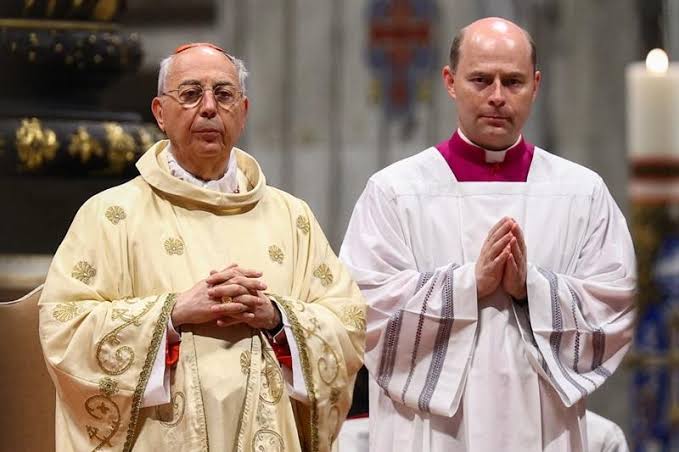 As the sun sets over Vatican City today, the Catholic Church stands on the brink of a historic transition. Tomorrow, May 7, the much-anticipated papal conclave will begin, bringing together 133 cardinal electors tasked with choosing the next pope. This solemn event comes just two weeks after the passin of Pope Francis, whose 12-year papacy left an indelible mark on the global Church and the world.
As the sun sets over Vatican City today, the Catholic Church stands on the brink of a historic transition. Tomorrow, May 7, the much-anticipated papal conclave will begin, bringing together 133 cardinal electors tasked with choosing the next pope. This solemn event comes just two weeks after the passin of Pope Francis, whose 12-year papacy left an indelible mark on the global Church and the world.
The death of Pope Francis on April 21 at the age of 88 has not only left millions of Catholics in mourning but also set into motion a moment of critical reflection and discernment within the Church. Francis, known for his humility, progressive vision, and tireless advocacy for the marginalized, reshaped the papacy in ways that will be felt for generations. As the cardinals gather under the frescoed ceilings of the Sistine Chapel, the world watches, waiting to see who will carry forward — or perhaps redirect — his legacy.-
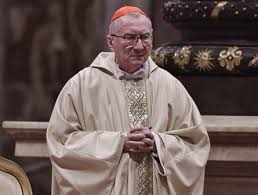
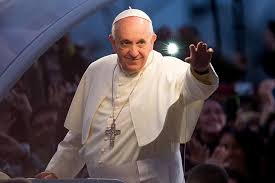
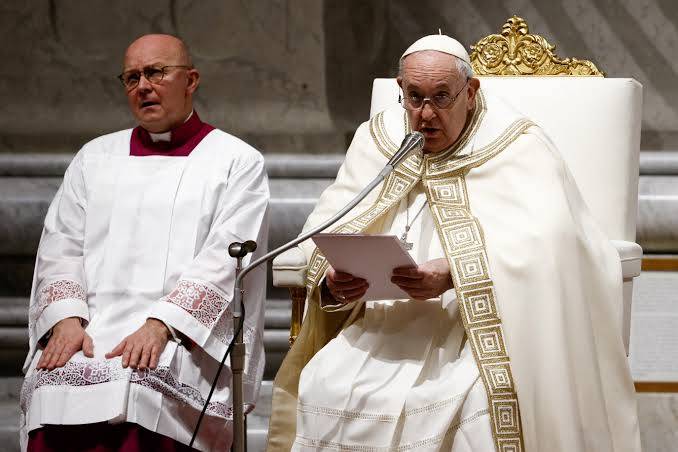 The pre-conclave meetings, which concluded today, were marked by intense discussions, prayer, and reflection. Reports from Vatican insiders suggest that no clear frontrunner has emerged, underscoring the complexity of the decision that lies ahead. The Church today faces a host of challenges: internal divisions between conservatives and progressives, the lingering trauma and accountability demands from clerical sexual abuse scandals, financial deficits, and calls for greater inclusion of laypeople and women in Church governance.
The pre-conclave meetings, which concluded today, were marked by intense discussions, prayer, and reflection. Reports from Vatican insiders suggest that no clear frontrunner has emerged, underscoring the complexity of the decision that lies ahead. The Church today faces a host of challenges: internal divisions between conservatives and progressives, the lingering trauma and accountability demands from clerical sexual abuse scandals, financial deficits, and calls for greater inclusion of laypeople and women in Church governance.
According to Vatican observers, the next pontiff will need not only spiritual authority but also political acumen, moral courage, and the ability to unify a deeply polarized global flock. As one senior cardinal anonymously noted, “The next pope will need to be a pastor, a diplomat, and a reformer all at once.”
Pope Francis’ papacy was transformative in many respects. Born Jorge Mario Bergoglio in Argentina, he was the first pope from the Americas and the first Jesuit to lead the Church. Francis championed social justice, environmental stewardship — notably through his landmark encyclical Laudato Si’ — and a more decentralized Church structure that emphasized synodality and dialogue.
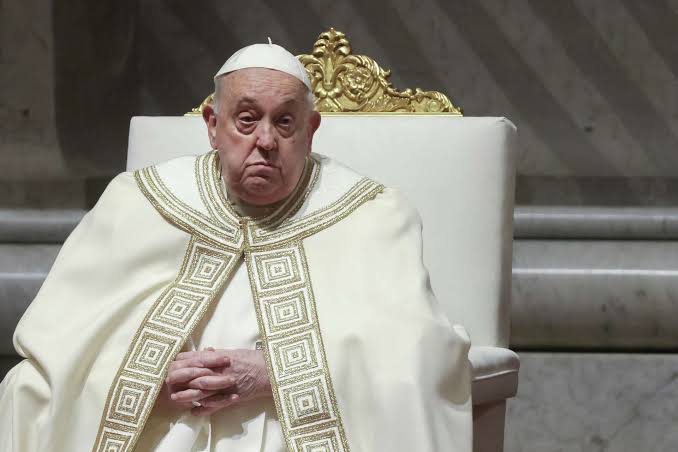 His funeral on April 26 drew dignitaries, religious leaders, and ordinary mourners from around the globe, with special attention paid to marginalized in communities. One of Francis’ final wishes — converting his iconic popemobile into a mobile health clinic for children in Gaza — captured the essence of a papacy grounded in compassion and outreach to the world’s peripheries.
His funeral on April 26 drew dignitaries, religious leaders, and ordinary mourners from around the globe, with special attention paid to marginalized in communities. One of Francis’ final wishes — converting his iconic popemobile into a mobile health clinic for children in Gaza — captured the essence of a papacy grounded in compassion and outreach to the world’s peripheries.
Speculation is swirling over potential successors. Among the most frequently mentioned names is Cardinal Pietro Parolin, the Vatican’s Secretary of State, widely regarded as a skilled diplomat and a figure capable of bridging the ideological divide within the Church. Also drawing attention are several cardinals from the Global South, particularly Africa and Asia — regions where Catholicism is growing rapidly. The possibility of a non-European pope continues to generate excitement and debate, reflecting the Church’s shifting global center of gravity.
Cardinal Luis Antonio Tagle of the Philippines and Cardinal Peter Turkson of Ghana are among the prominent names being discussed. Both figures represent the kind of pastoral energy and commitment to social issues that defined Francis’ papacy, though they would also bring distinct regional perspectives to the role.
Whoever emerges from the conclave as the 267th successor to Saint Peter will face a daunting set of challenges. The new pope must address the erosion of trust following decades of sexual abuse scandals and cover-ups, reenergize the Church’s efforts in environmental protection, navigate complex geopolitical tensions, and deepen dialogue with other faiths.
Furthermore, the call for the greater inclusion of women and laypeople in Church leadership has never been louder. Pope Francis made significant strides in this area, but many believe the next pope will need to go further to reflect the diversity and aspirations of the world’s 1.3 billion Catholics.
As the cardinals prepare to enter the conclave, the atmosphere in Vatican City is both solemn and expectant. Pilgrims, journalists, and tourists fill St. Peter’s Square, praying, speculating, and waiting for the moment when white smoke will rise above the Sistine Chapel, signaling that a new pope has been chosen.
For Catholics and non-Catholics alike, this conclave is more than a religious event — it is a moment that will shape global discourse on morality, human rights, social justice, and peace for years to come.
The Catholic Church, nearly 2,000 years old, has weathered schisms, reformations, and revolutions. Tomorrow, it takes another step into the future — guided by faith, tradition, and the urgent hope for renewal.

